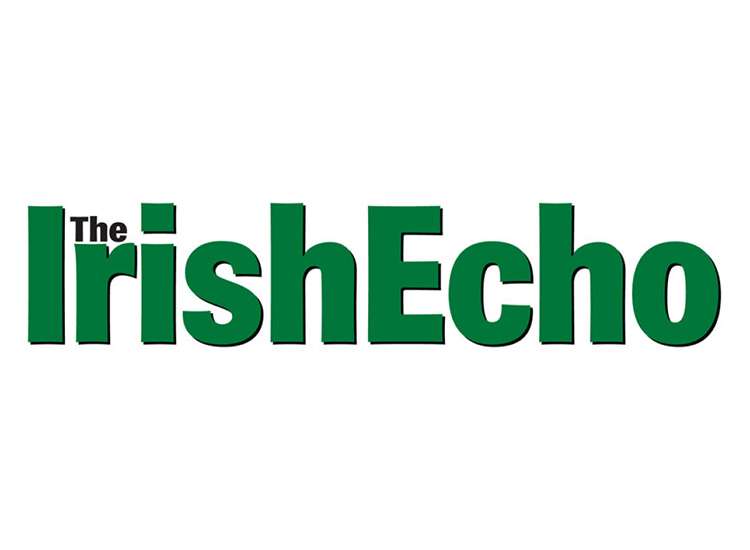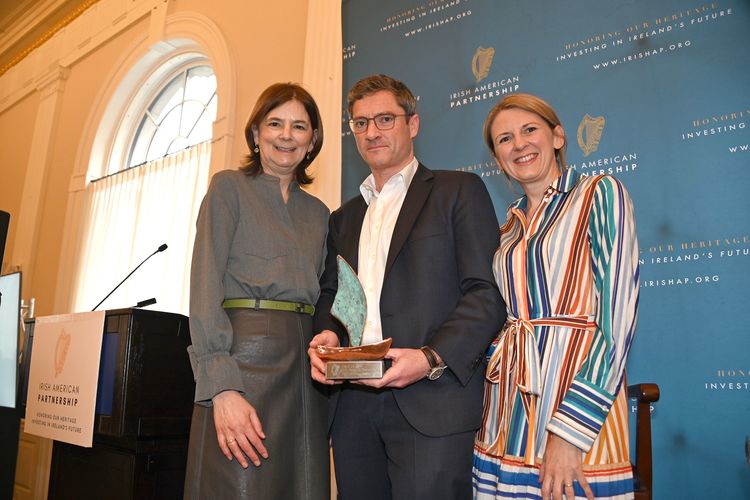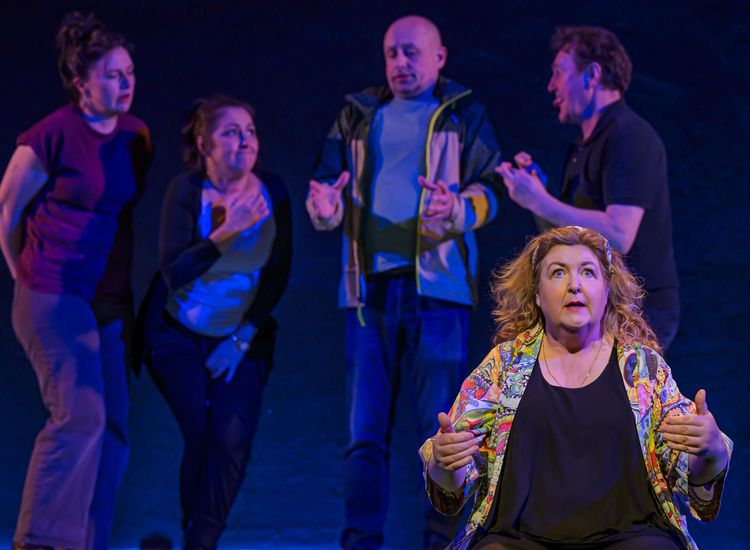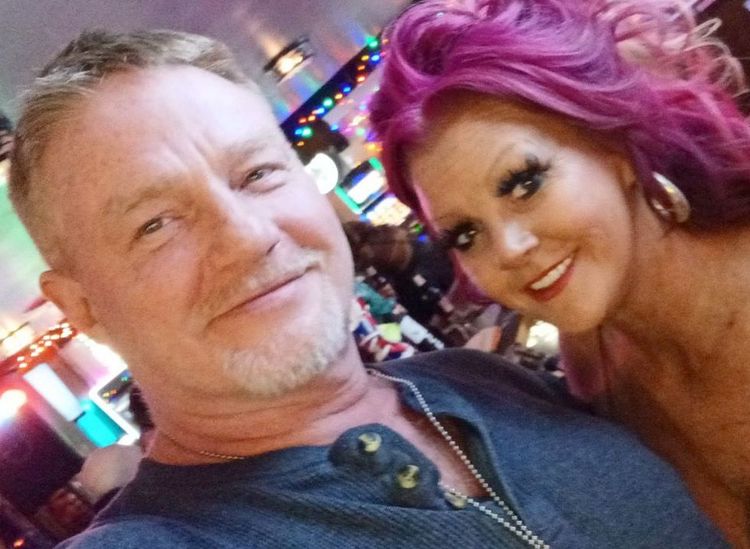By Daniel Neely
Last March, the brilliant traditional singer Karan Casey was the guest on Shannon Heaton’s “Irish Music Stories” podcast (shannonheatonmusic.com), there to talk about songs, singing, and the potential they have to connect people. It was a sophisticated, insightful conversation that demonstrated what it’s like to be a singer today and the responsibility that position carries.
Something Casey said in the conversation really stuck out to me at the time because it suggested more than just a passing statement. “We’re at a crossroads for singing,” she said, “and we really need to have a lot of conversations about how we see ourselves going forward. I don’t know…I’m probably the lone soldier in the field. But I’ll persevere. Sure look, I don’t know how to do anything else!”
Then, in late January, something Casey posted to her Facebook page reminded of this bit of conversation. It read, in part: “So as some of you know I took the plunge the other night at a gig in Liberty Hall and spoke out about how what it is like to be a woman in Irish traditional and folk music. […] Since last weekend I have been having A LOT of very intense conversations with many of the women and men who would like to see a sea change. […] In the heel of the hunt I announced that I would be organizing a festival and a series of conferences around the country celebrating women in traditional and folk music. […] Lads, ye need to shape up. Ye need to cop on and stop ignoring the needs and rights and musical opinions of women as your fellow workers.”
Clearly, Casey’s stood at the crossroads for a long time. But her stand at Liberty Hall (where she was the night’s only female performer out of nearly 20) and ensuing Facebook post weren’t only bold moves, they were a powerful call to action, attracting an army of like-minded recruits – both women and men – to her solitary field, wanting to be part of the conversation about gender equality and fair practice in folk music she proposed.
Things unfolded quickly. A meeting at the Dublin’s Cobblestone Pub on Feb. 18 got the ball rolling for a planned day of action at Liberty Hall on May 18th. It also brought about the establishment of FairPlé, a brand new and rapidly growing group of leaders in trad music who intend to continue the conversation about women and their role in making a better music industry.
What FairPlé is doing is new. The organization’s mission statement asserts it “aims to achieve gender balance in the production, performance, promotion, and development of Irish traditional and folk music. We advocate for equal opportunity and balanced representation for all.” This will happen, it continues, through conversation, advocacy, mentoring programs, and the promotion of equal opportunity via a five point implementation plan which includes conferences, a day of activism, a global support network, a directory, and research into gender-equality data. It closes with a clear message of inclusivity: “FairPlé invites participation from ALL, we are an inclusive, grass-roots organization founded in recognition of the true ethos of folk music; music by all, for all.”
Casey appeared on Peter Browne’s RTÉ radio show “The Rolling Wave” last week to talk about FairPlé and give it more context. “Traditional music often looks back to the past and in the past it was very male dominated,” she explained. “And so even now when we have concerts that commemorate people they’re often all men.” She gave great credit to organizations like Comhaltas Ceoltóirí Éireann and the Armagh Pipers Club, which she believes are broadly supportive of women, but noted how there is less support once women enter into the workplace. This, she said, needs to change.
Casey was careful to note that Fair Plé’s goal isn’t gender exclusion. “Men in traditional music, I don’t want ye to sound retreat into defensiveness, I want ye to come forward and talk to us.” Her message in this respect is clear, stating “if our children are to embody the ‘New Ireland’ and to actually understand in their bones that women are equal, they need to see us – that’s really what we’re saying. I’m adamant about this, and I believe I’m right about it.”
Among those already engaged in this conversation are Padraigín Ní Uallacháin, Muireann Nic Amhlaoibh, Niamh Parsons, Niamh Dunne, Pauline Scanlon, Niamh Ní Charra, Síle Denvir, Grace Toland, Sharon Rolston, Úna Monaghan, Fintan, Niall & Caoimhin Vallely, Kieran Munnelly, and Seán Óg Graham. Those are the once whose names I’ve seen – I expect more are already involved and that there will be many more to come. It’s still early days yet.
FairPlé’s goals are laudable and important. With Casey’s perseverance, and that of her estimable cohort, the group’s impact could be game changing – it’s an exciting prospect and will ultimately be a good thing for the music. Check FairPlé out. You can find it on Facebook (www.facebook.com/FairPleMusic) and Twitter (twitter.com/FairPle). To get on their mailing list (which I urge you to do), visit their website (in English and as Gaeilge) at www.fairple.com.










